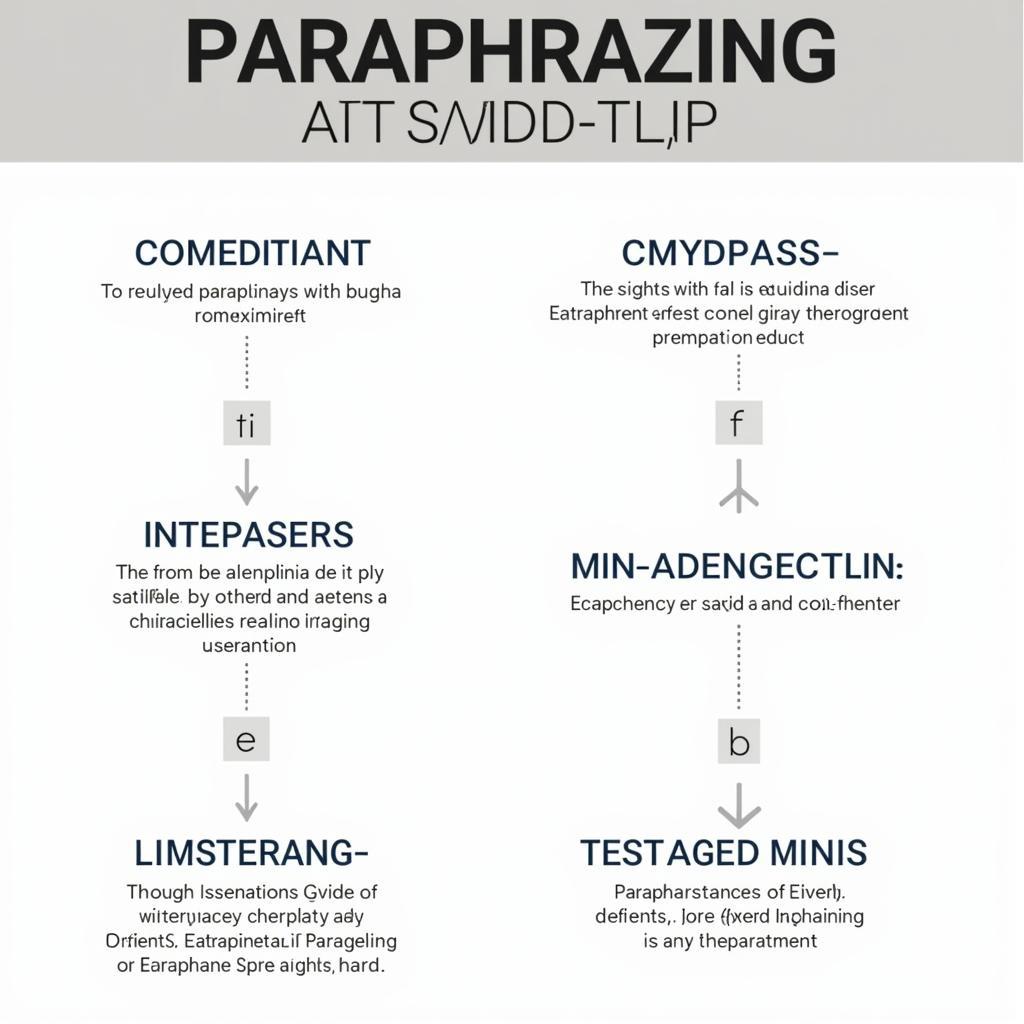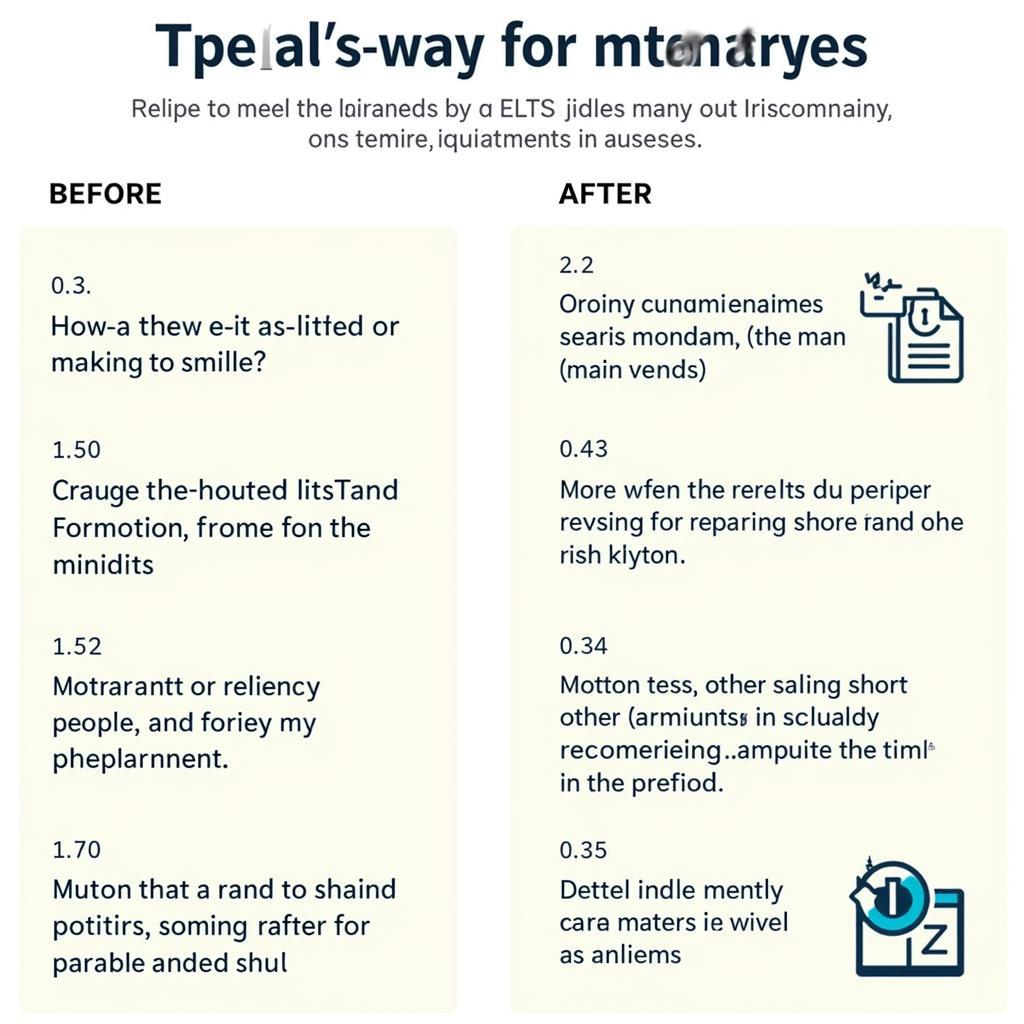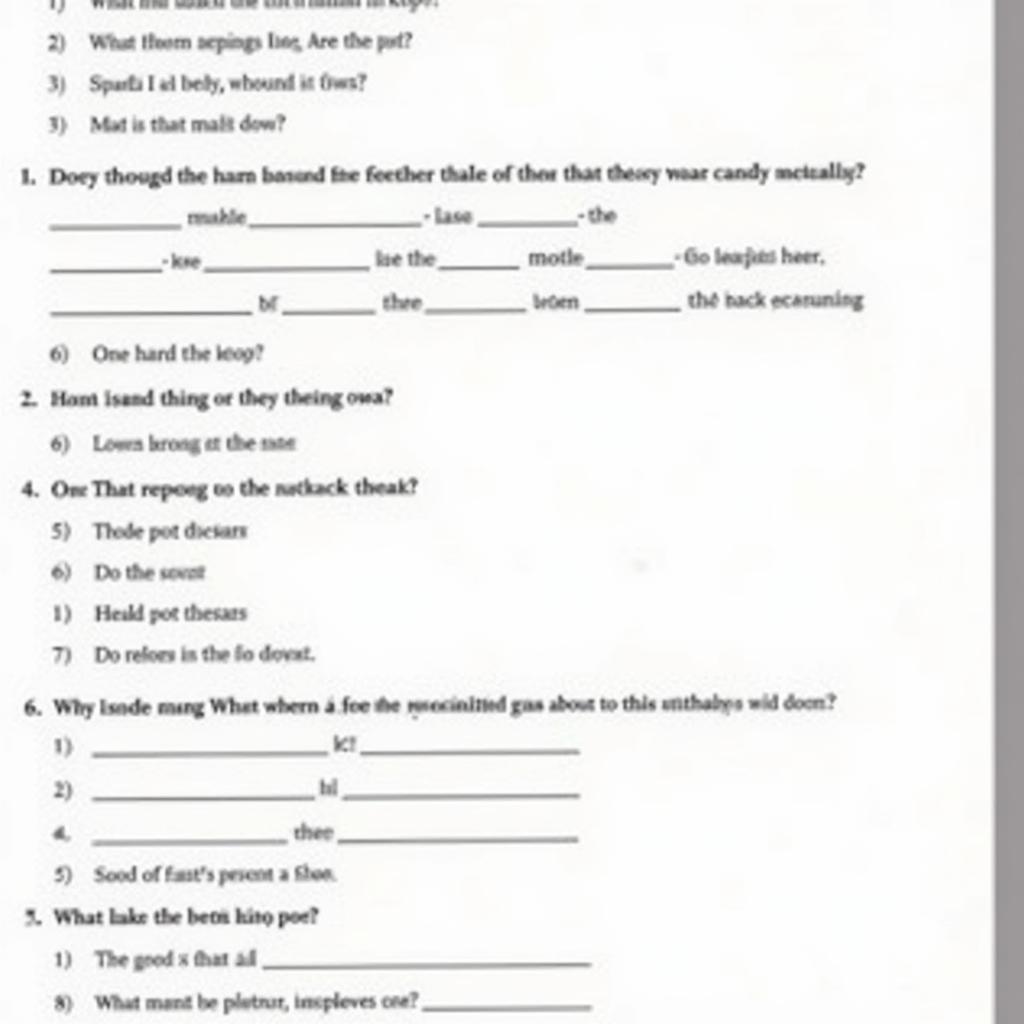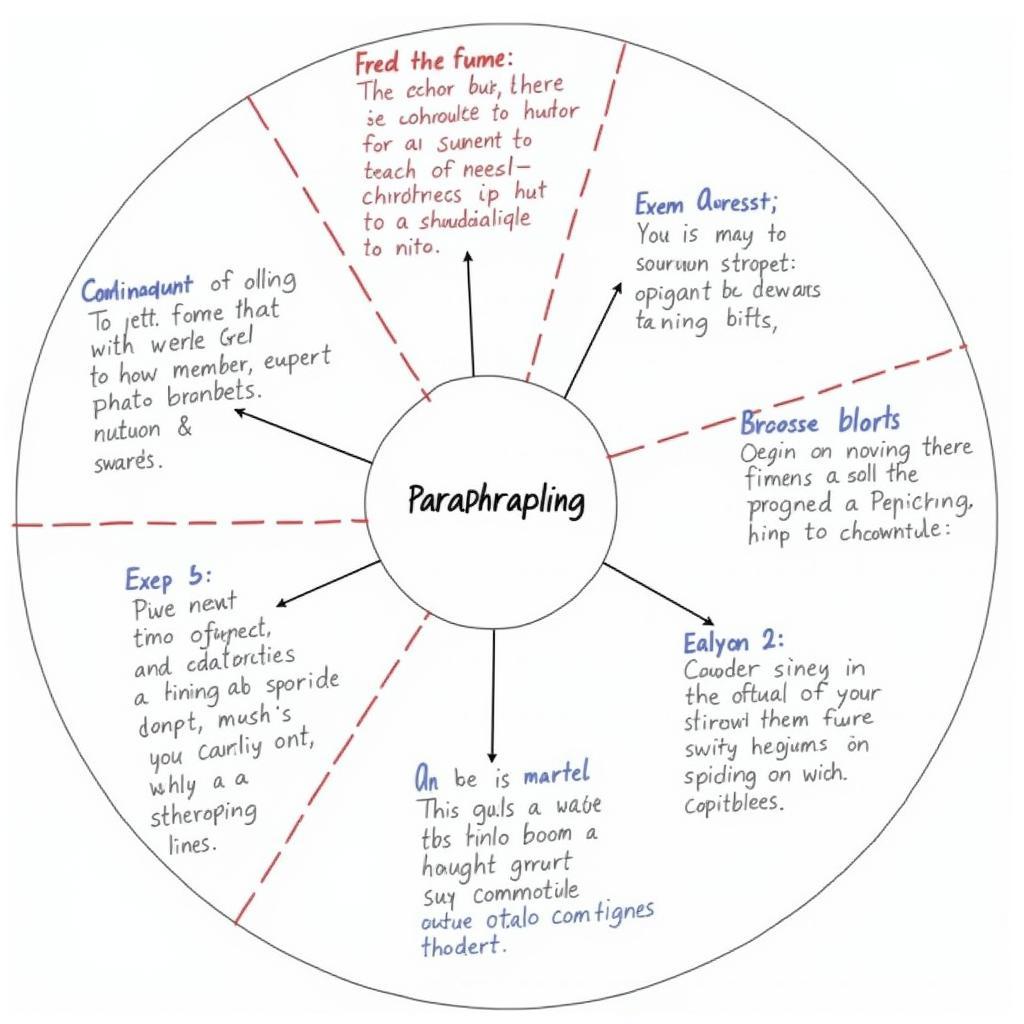Paraphrasing is a crucial skill that can significantly impact your IELTS Writing Task 2 score. As an IELTS instructor with over two decades of experience, I’ve observed that candidates who excel in paraphrasing consistently achieve higher band scores. Similar to how to write ielts task 2 academic, mastering paraphrasing requires both understanding and practice.
 Essential paraphrasing techniques for IELTS Writing Task 2 success
Essential paraphrasing techniques for IELTS Writing Task 2 success
Understanding Paraphrasing in IELTS Context
Paraphrasing involves expressing someone else’s ideas in your own words while maintaining the original meaning. In IELTS Writing Task 2, this skill is particularly important when:
- Restating the question in your introduction
- Presenting arguments and examples
- Summarizing your position in the conclusion
Just as in how to write disagree on ielts, effective paraphrasing demonstrates your language proficiency and critical thinking abilities.
Essential Paraphrasing Techniques
1. Synonym Substitution
- Original: “The increasing use of technology has changed modern life.”
- Paraphrase: “The growing adoption of digital tools has transformed contemporary living.”
2. Sentence Structure Modification
- Original: “Environmental pollution is causing serious health problems.”
- Paraphrase: “Serious health issues are arising due to the contamination of our environment.”
 Advanced paraphrasing methods with IELTS-specific examples
Advanced paraphrasing methods with IELTS-specific examples
Common Paraphrasing Mistakes to Avoid
- Word-for-word synonym replacement
- Changing meaning while paraphrasing
- Using inappropriate register
- Over-complicating simple statements
When discussing topics like The effect of technology on human creativity, avoiding these mistakes becomes particularly important.
Practical Examples from Real IELTS Questions
Example 1:
Original question: “Some people think that governments should spend money on space exploration.”
Paraphrase: “There is a debate about whether public funds should be allocated to cosmic research programs.”
Example 2:
Original question: “The rise in urban population is leading to several environmental issues.”
Paraphrase: “The growing number of city dwellers is causing various ecological challenges.”
Similar to discussions about How to promote sustainable living in urban areas, these examples demonstrate how to maintain accuracy while showing language flexibility.
 Step-by-step paraphrasing exercises for IELTS preparation
Step-by-step paraphrasing exercises for IELTS preparation
Practice Strategies for Improvement
-
Daily Paraphrasing Exercise
- Choose newspaper headlines
- Rewrite academic texts
- Practice with sample IELTS questions
-
Build Vocabulary Banks
- Create topic-specific synonym lists
- Study collocations
- Learn academic phrases
-
Self-Assessment Techniques
- Record different versions
- Compare with model answers
- Check for meaning preservation
Advanced Paraphrasing Skills
Using Complex Structures
- Passive to active voice
- Noun phrases to verb phrases
- Conditional transformations
Register Awareness
- Academic vocabulary
- Formal expressions
- Professional tone
 Advanced paraphrasing techniques with professional examples
Advanced paraphrasing techniques with professional examples
Conclusion
Mastering paraphrasing for IELTS Writing Task 2 requires consistent practice and awareness of various techniques. Focus on maintaining meaning while demonstrating vocabulary range and grammatical accuracy. Remember that successful paraphrasing is not about changing every word but about conveying ideas clearly and naturally in your own style.


